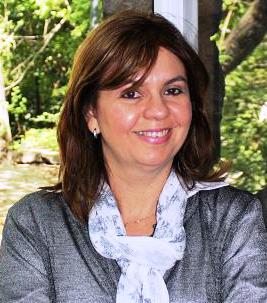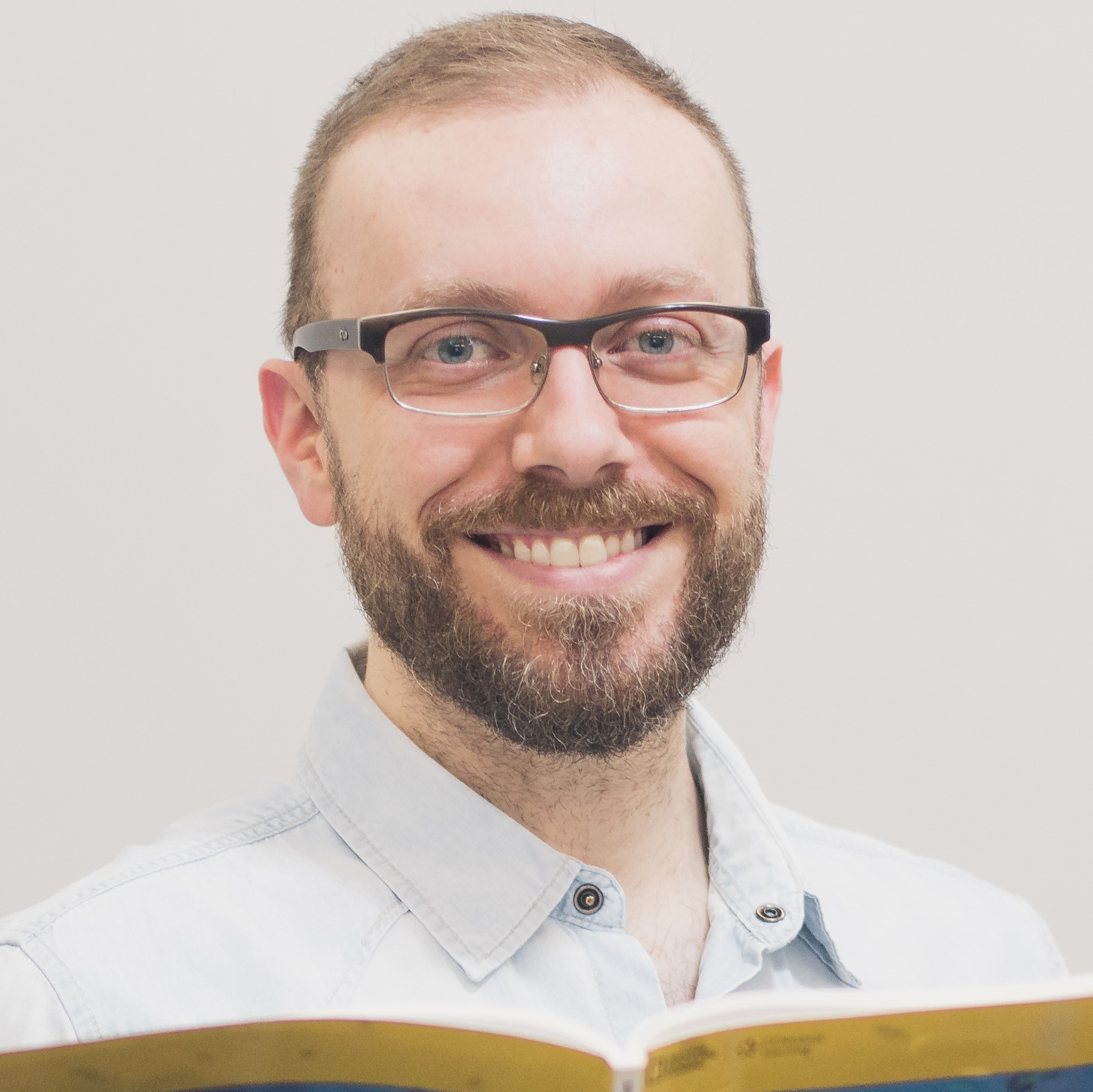TEACHING PRODUCTIVE SKILLS – Speaking
Communication between humans is an extremely complex and ever-changing phenomenon, but there are certain generalisations that we can make about the majority of communicative events and these will have particular relevance for the learning and teaching of languages.
Learning to speak a foreign language is much more complex than knowing its grammatical and semantic rules. It involves both command of certain skills and several different types of knowledge. Richards (2005: p. 204) states that learners must acquire the knowledge of how native speakers use the language in a context of structured interpersonal exchange, in which many factors interact.
The ultimate goal of language is communication and the aim of speaking a language is to promote communicative efficiency.
Of the four skills, speaking seems intuitively to be the most important. According to Ur (2006: p. 120) people who know a language are referred to as ‘speakers’ of that language, as if speaking included all the kinds of knowing; and many, if not most, foreign language learners are primarily interested in learning to speak.
People engage in conversation for good reasons:
- They want to say something. Speakers often make definite decisions to address other people, otherwise they would keep silent.
- They have some communicative purpose. They want something to happen as a result of what they say. What is important is the message they wish to convey and the effect they want it to have.
Imagine You are a student in an EFL class. The teacher comes in and says:
” Today we’re going to talk about oil pollution” .
How do you feel as a student? Why might you not feel like taking part in the discussion?
“ The teacher wants me to say something and I haven’t had time to think … And I don’t know the words for this topic …”
Have you experienced a situation like this as a student or a teacher? Is running a discussion in a lesson something anyone can do? Do you need any experience to do that or just go and talk? What would be the effects of a class like that one described above ? What should teachers do to make their students talk?
Research and practice have shown that communicative activities are the key point to make our students speak. So it’s crucial to have our learners involved in communication , otherwise that communication will probably not be effective.
Learners should use language in a way to achieve an objective and this objective should be the most important of the communication. They select from their language store. Speakers have an infinite capacity to create new sentences. In order to achieve this communicative purpose they will select the language they think is appropriate for this purpose.
If students have a purpose to speak, their attention should be centred on the content of what is being said (or written) and not the language form which is being used. However, the students will have to deal with a variety of language rather than just grammatical construction. So while students are involved in communicative activities the teacher should not intervene (fluency is more important than accuracy at this stage).
Ten helpful tips to make our students speak more effectively:
- Teach specific strategies to facilitate their efforts to speak effectively.
- Work on pronunciation, but do not demand a native-speaker pronunciation
- The primary emphasis on pronunciation is on stress and intonation.
- Avoid topics they are not familiar with in their mother tongue
- Give them time
- Monitor properly
- Be sensitive when correcting oral mistakes and point out good correct spoken language and praise the SS
- pre-teach vocabulary : elicit possible words, predict ( KEL – know, expect, learn) and check meaning and understanding of vocabulary.
- Avoid topics they are not familiar with in their mother tongue
- Give them time
It might not be that easy, but it is not impossible to provide students with spontaneous language for classroom use. With teachers’ guidance, it is possible to devise techniques to make students produce spontaneous – authentic – language, even at an elementary level.






